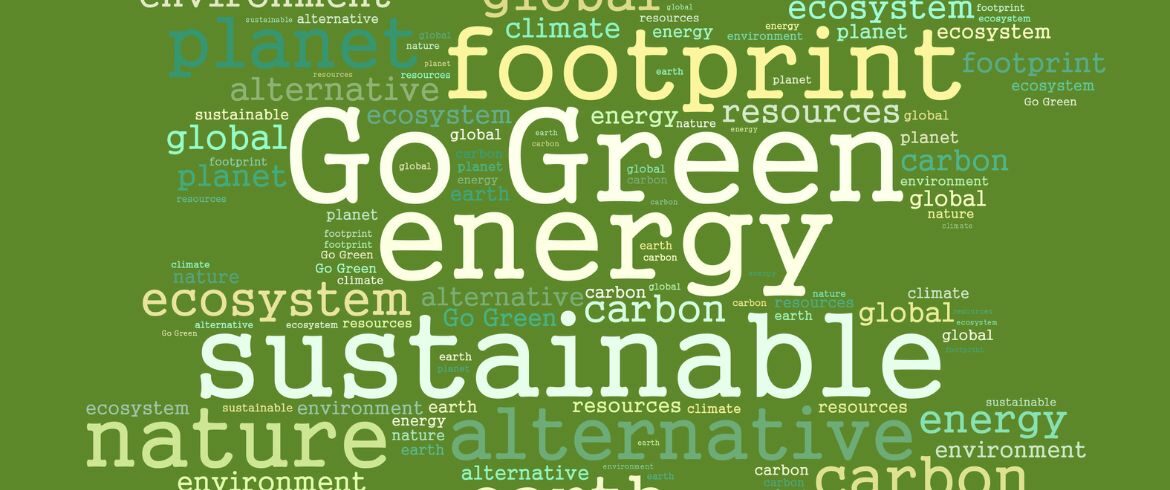The language of ever rising temperatures on Planet Earth seems to have been rampant recently— well, or shall we say , the language situation seems to be well ‘heating up’, pardon my pun. In the early years of the 21st century, the term “climate change” was recommended since it sounded less scary and intimidating than the eerie-sounding “global warming”. In this day and age, environmentally aware Earthlings, who do seem to care about greenhouse-gas emissions find both “climate change” and “global warming” too cozy, carefree, and convenient, so they tend to prefer a number of other related words or collocations such as “climate emergency” “global heating”, “climate breakdown”. Some eco alarmists seem to be using the term “climate apocalypse” which is to most people an overkill. Given that the word “apocalypse” comes from the Ancient Greek which stands for “disclosure” or “revelation”. This word may well be a very good linguistic choice to describe the never-ending news about raging forest fires and melting ice shelves we are being bombarded with on a regular daily basis, regrettably though.

There is an evident year-on-year increase in the use for global weather and climate-related vocabulary. World reputed dictionaries keep coming up with new climate vocabularies such as Collins’s 2019 Word of the Year, “climate strike”, which refers to a plethora of worldwide protests and environmental movements. The oft-cited collocation “climate strike” was first coined in 2015 for the environmental protest in Paris of the same year, in the wake of Greta Thunberg from Sweden and her apparently superb work. Her image and persona has skyrocketed into the limelight. She is the world’s most famous and infamous example of a “climate activist”, which is yet another collocation in frequent use. She appears to be particularly popular amongst both young and the middle-aged woke individuals but some tend to think that the whole lot suffers from so-called “climate anxiety” or “eco-anxiety”, defined as “a level of psychological harm or stress caused by concern for the environment and the future doom and gloom ”

Most western elites seem to be accepting climate concerns, generally speaking, You may have noticed yet another phrase being used far too often not to be noticed, ‘net zero‘ which refers to a state in which the greenhouse gases going into the atmosphere are balanced by removal out of the atmosphere. The term net zero is rather significant because – for CO2 at least – this is the state at which global warming stops. Another useful and hugely important lexical chunk is depletion of ozone layer, which is the thinning of the ozone layer present in the upper atmosphere but for some people, it is no skin off their nose.
The societal elites in the West seem to be committed to “net zero” which is a part of any “Green New Deal”, a new trend on the horizon used to describe political projects that make the environment pivotal to rules, regulations, and legislations in general, normally referred to as a “green agenda”. This mirrors a reemergence of the word “green” itself to refer to both environmental issues and environmentalists.
Environmental issues have been associated to the color green since the early 1970s: in Germany, public concern about nuclear power stations gave rise to the formation of such groups as Grüne Aktion Zukunft (Green Campaign for the Future); whereas a smallish group of green activists in the USA sailed to Alaska in 1971 so as to try and prevent a nuclear-weapons test. Their ship was named the “Greenpeace”, and alas a new organization was born.
Global warming appears to have reached a tipping point in public acceptance, scientifically speaking. Yet it keeps causing political controversies globally. On one hand, “extinction” is a buzzword in the English-speaking world , which comes from Latin language for extinguishing, putting out, or quenching such a fire or a light). That word is conveniently used in the name for the Extinction Rebellion movement of activists. the Extinction in environmental context refers to the dying of all remaining members of certain species,
Let me introduce another relevant word “ecocide”, a neologism for the complete destruction of an ecosystem or other part of nature, is also on the increase) FWIW, any noun in English language ending with – cide refers to murder, killing, death caused by serious reasons or factors at work.
Ever growing number of people are painfully aware of “single-use” items (particularly single-use plastics, now regarded as too extravagant of the eco deplorables spoilt for choice )
Since last year there has been a social-media trend for clearing litter from public spaces and posting photographs of the result called: the hashtag #trashtagcalled
On the other hand, a growing number of level-headed people are also calling out “eco-fascists” because of their disdain for climate activists by associating them to totalitarian and authoritarian political movements in history to protest their alleged (though not much shown) wish to control all aspects of our modern lives. Such skeptics, even though they might be yet another King Canute trying to turn the tide of apparent social progress but we are still to see what the future holds for us all.
Cover image: photo via Canva PRO




